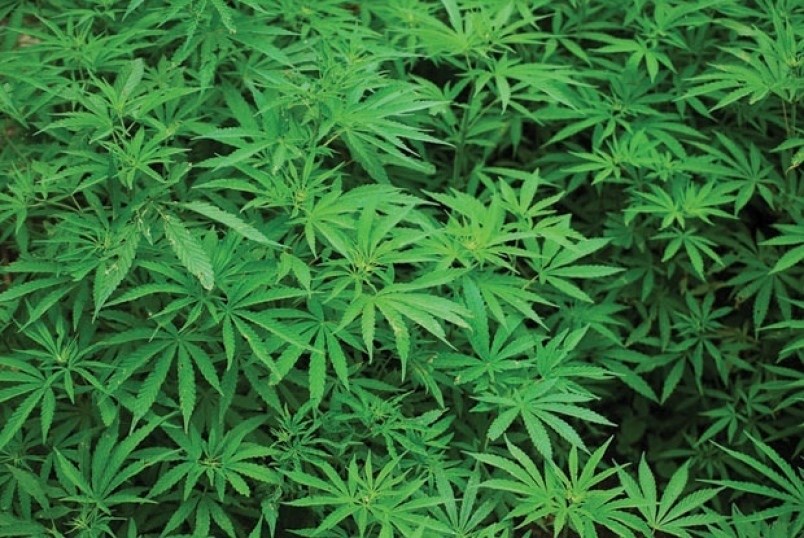The coming month of October looks daunting to me. In a month or so, we will be voting for our local governors and participating in an election reform referendum. If that weren’t enough, recreational marijuana use will be legal in Canada and the process of sorting through the logistics of the supply chain will begin.
There will certainly be a correlation amongst these two in years to come as marijuana retail will most certainly become a mainstay civic and provincial election issue. The B.C. government has tabled the Cannabis Control and Licensing Act (CCLA) and there are a few things that we know. We know that you have to be 19 years old to purchase, sell or consume recreational pot and we know that you can carry a maximum of 30 grams in a public place. We also know that the Liquor Distribution Branch will oversee the distribution and retail of various products in a monopoly situation, at least initially.
There are approximately 100 applications for retail licences on the books and it may be that a handful of private retailers will be ready to open doors on Oct. 17.
The first bricks and mortar government store will be in Kamloops and the provincial government has given cities and municipalities the power to choose if they would like to offer government retail.
Current “dispensaries” in Vancouver, Vancouver Island and elsewhere will be required to apply for a legal retail licence. Vancouver is asking $30,000 for these licences. Currently, government, and/or private retailers, will only be selling flowered buds.
Edibles and other products, including an assortment of oils, etc., are not currently on the radar of the provincial and federal governments. Potential retailers and current dispensaries offering medical edible product are not too happy about this situation.
British Columbia will also offer online retail for the market and has said it will have enough wholesale product to take care of demand.
The government has over 30 wholesale suppliers lined up with companies like Aurora and Canopy growing cannabis in massive greenhouse operations.
The government has put restrictions on growing operations but Delta is off to the races with a substantial wholesale growing footprint. Our civic government has not indicated it will entertain retail operations but that could change.
As the new sector grows, the food application of cannabis will be better understood and many believe this is where there will be billions and billions of dollars of revenues.
Aurora Cannabis stock was up 20 per cent this week as rumours circulated that Coca Cola Bottling is looking into the space for non-THC based beverages. Continental Brands, a beverage alcohol company, and Molson Breweries have already invested in the space.
It is rumoured that Diageo, the world’s largest spirits brand and sister company to Guinness PLC, is looking to pour billions in to the cannabis sector.
What does this all mean for us here in Delta? If you want to look at your cannabis and talk to an expert retailer, you will likely have to drive through the tunnel to Vancouver for now. The other options are to order online site unseen or buy from the status quo black market.
There is opportunity for a supply chain that makes sense here in Delta but it is likely an election cycle or two away.
Mike Schneider is founder of Project Pickle and likes to write about growing, cooking and eating food. He is a Jamie Oliver Food Revolution ambassador.



